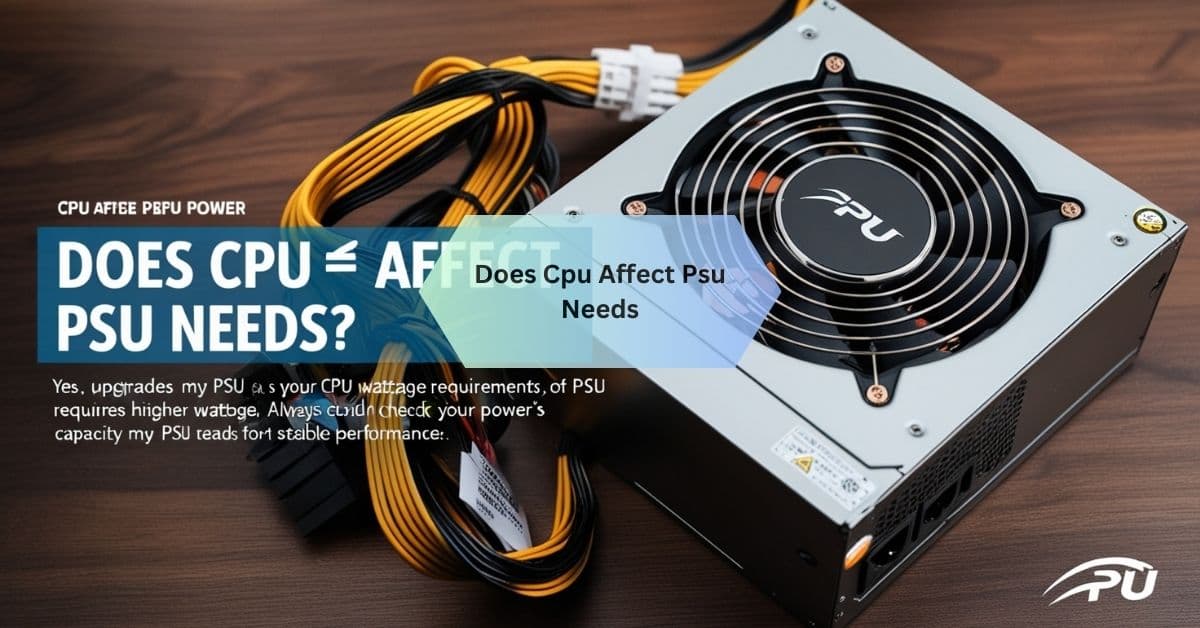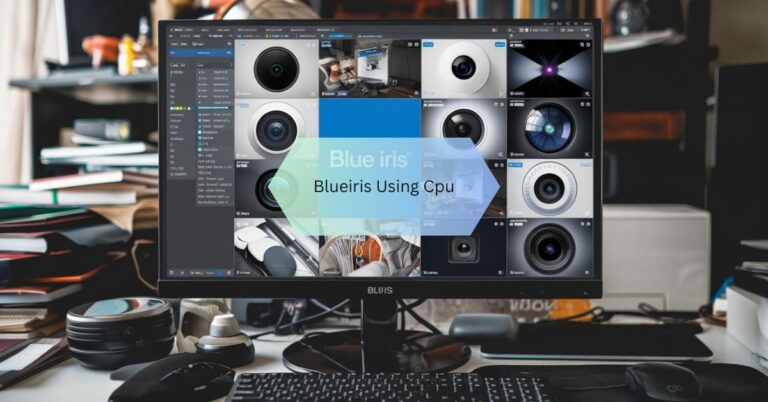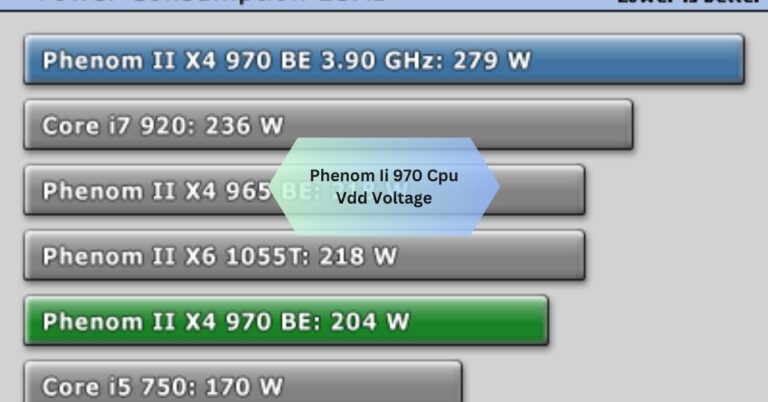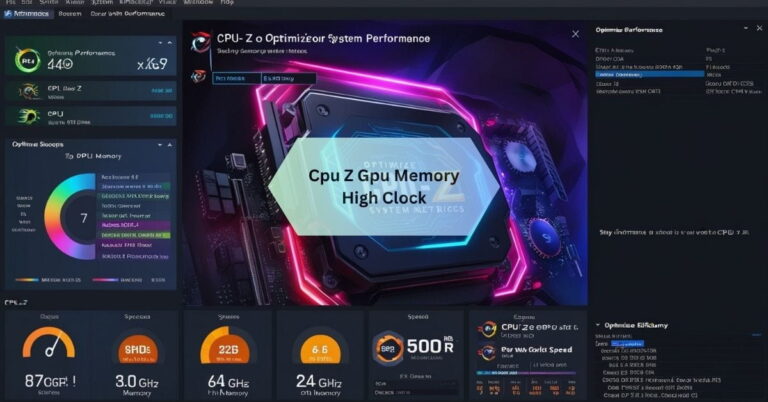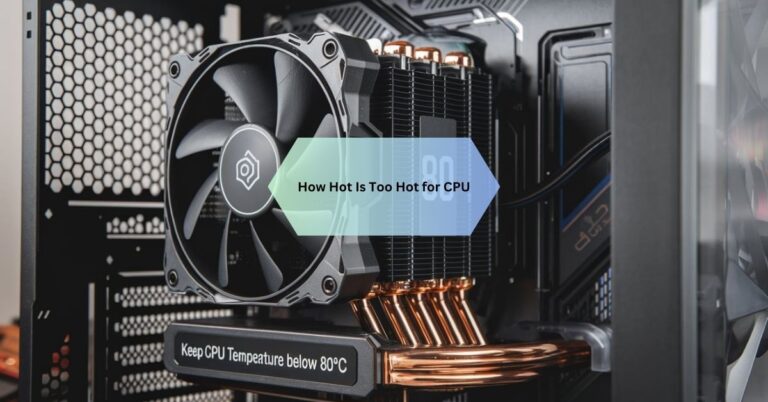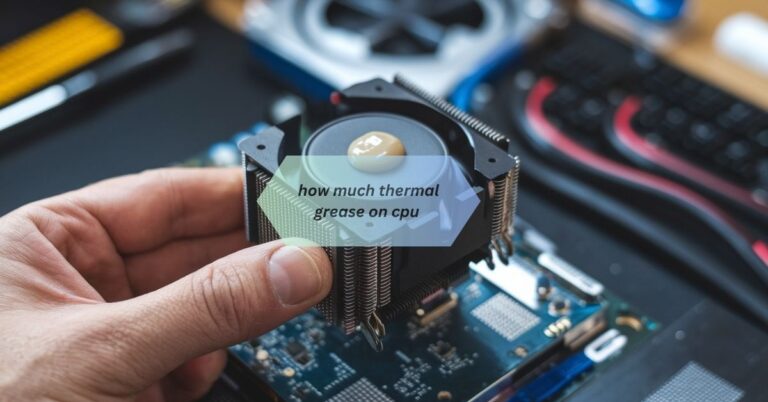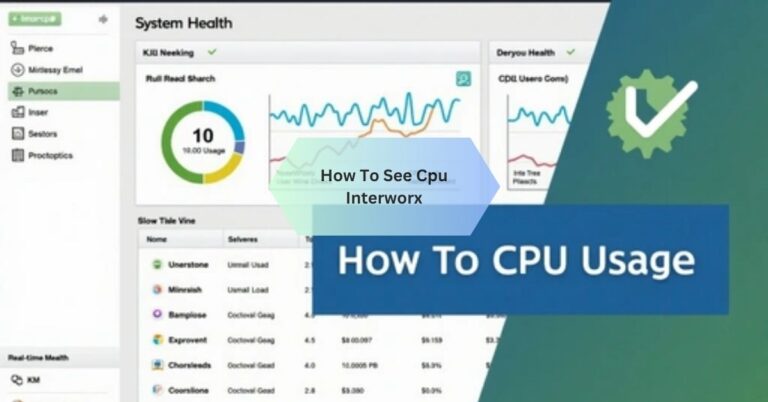Does Cpu Affect Psu Needs – Learn How to Choose Right!
When I upgraded my CPU to a more powerful one, I realized my PSU couldn’t keep up with the increased power demands, causing random shutdowns. It taught me to always check the wattage requirements of a new CPU against my PSU’s capacity before making changes.
Yes, the does cpu affect psu needs as more powerful CPUs require higher wattage. Always check your CPU’s power requirements to ensure your PSU can handle the load for stable performance.
Stay tuned with us as we dive deeper into the topic of Does CPU affect PSU needs. We’ll explore how CPU upgrades impact your power supply and what to consider for optimal performance!
Understanding the Relationship Between CPU and PSU Needs!
Does CPU Affect PSU Needs?
The relationship between CPUs and PSUs (Power Supply Units) is crucial to building a reliable, efficient, and high-performance PC. A CPU, being one of the most power-intensive components, directly influences the type and capacity of PSU required. Let’s delve deeper into this essential topic.
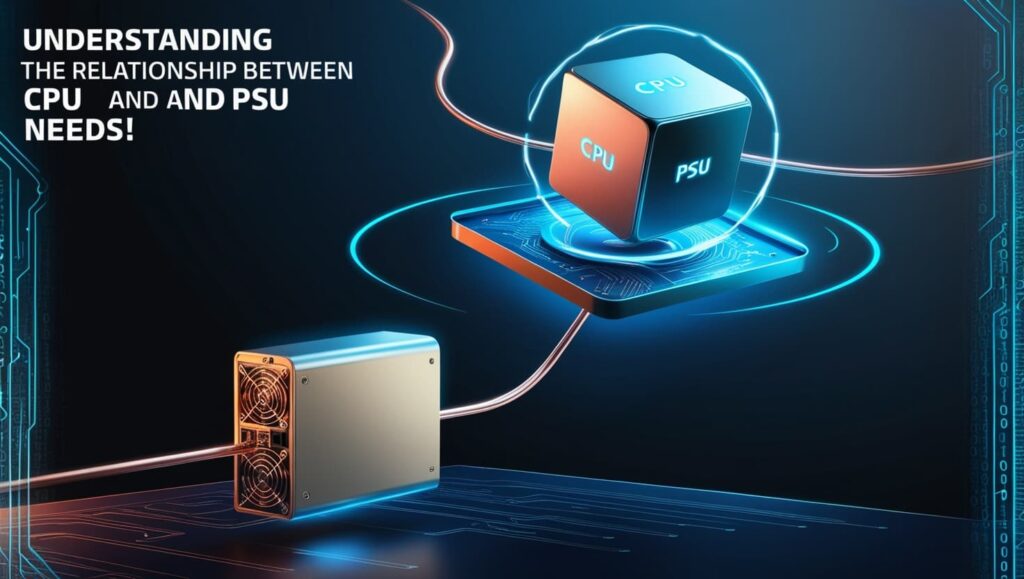
How CPUs Impact Power Supply Requirements
CPUs dictate a significant portion of a computer’s power needs. Their wattage, or Thermal Design Power (TDP), specifies the maximum heat the processor can generate under heavy workloads. Modern high-performance CPUs, especially those designed for gaming or intensive computational tasks, often require more power to maintain stability.
For example:
- Basic CPUs, used in office setups, typically require low wattage (35-65 watts).
- High-performance CPUs, like AMD Ryzen 9 or Intel Core i9, may demand 100 watts or more, particularly during tasks like gaming, video editing, or 3D rendering.
Ignoring a CPU’s power needs can lead to performance throttling, crashes, or hardware failure, emphasizing the importance of pairing it with a compatible PSU.
Also Read: How Mnay Cpu Count Arma 3 – Discover Core Usage Tips Now!
The Role of Power Efficiency in Modern CPUs!
Modern CPUs prioritize efficiency, thanks to advanced manufacturing technologies. Features like dynamic voltage scaling and power gating reduce power consumption during idle or low-load scenarios. For instance:
- Intel’s Alder Lake CPUs integrate Performance and Efficiency cores, balancing power usage.
- AMD Ryzen processors optimize energy consumption with Precision Boost and Eco Mode.
Efficient CPUs lower overall system power needs, allowing users to select a PSU that balances capacity and efficiency.
Why PSU Compatibility is Critical for High-Performance CPUs!
Compatibility between a PSU and CPU is vital to ensure system reliability. High-performance CPUs, especially when overclocked, demand not only higher wattage but also stable voltage rails. A PSU with insufficient capacity can cause:
- Voltage instability, leading to crashes or data corruption.
- Overheating, as the PSU struggles to meet demand.
Investing in a high-quality PSU ensures your CPU operates at peak performance, even during demanding workloads.
Competitor Analysis: Comparing PSU Recommendations!
Top CPU Models and Their PSU Wattage Recommendations
Here’s a breakdown of wattage recommendations for popular CPUs:
| CPU Model | TDP (Watts) | Recommended PSU Wattage |
| Intel Core i5-13600K | 125 | 500–650 |
| AMD Ryzen 7 7800X3D | 120 | 550–700 |
| Intel Core i9-13900KS | 150 | 750+ |
| AMD Ryzen 9 7950X | 170 | 850+ |
These recommendations account for other system components, such as GPUs and cooling systems, ensuring ample power delivery.
Comparing Brands: AMD vs. Intel CPU Power Needs!
AMD CPUs are known for power efficiency, often requiring slightly lower wattage compared to their Intel counterparts. However, AMD’s high-end processors, like the Ryzen 9 series, are exceptions due to their higher core counts and clock speeds.
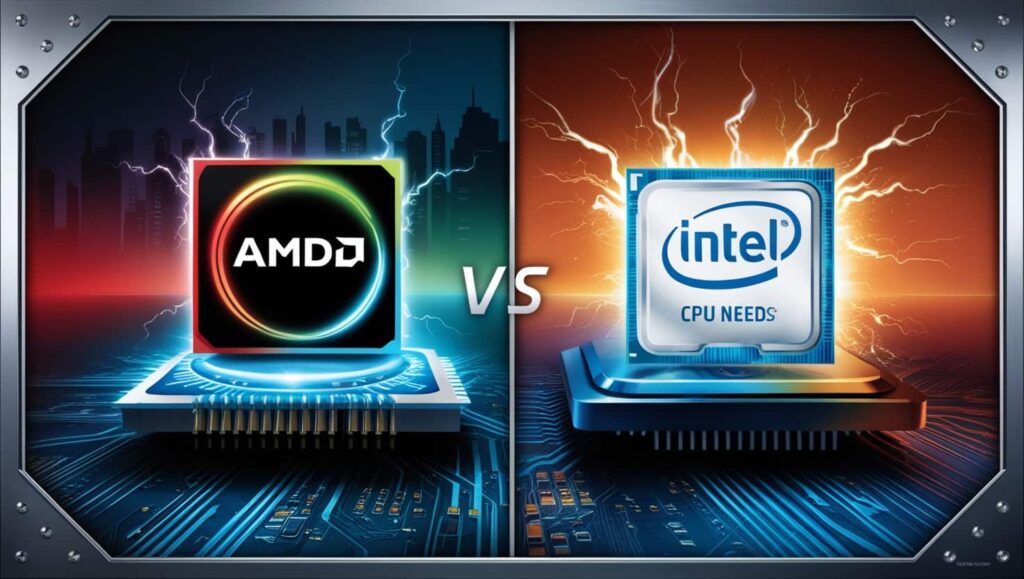
Intel CPUs tend to consume more power under load, particularly models with unlocked multipliers for overclocking. As a result, Intel users often need PSUs with higher wattage ratings.
Also Read: Cpu Voltage Reference On Overclock – Key to Overclocking Stability!
What Leading Tech Reviews Say About PSU Upgrades
Tech reviewers consistently emphasize the importance of PSU quality over wattage alone. Brands like Seasonic, Corsair, and EVGA are frequently recommended for their reliability, efficiency ratings, and warranties.
Key insights:
- JonnyGuru: Prioritizes 80+ Gold or Platinum-rated PSUs for gaming setups.
- Gamers Nexus: Highlights the risks of skimping on PSU quality, citing voltage ripple issues in cheaper models.
- Linus Tech Tips: Recommends selecting a PSU with 20-30% wattage headroom for future upgrades.
Expert Tips for PSU Upgrades
- Don’t Skimp on Quality: A reliable PSU protects your system from power surges and ensures stable performance.
- Check Compatibility: Use online PSU calculators or consult motherboard manuals to verify compatibility.
- Monitor PSU Efficiency: A higher efficiency PSU not only saves energy but also runs cooler and quieter.
- Consider Modular PSUs: They simplify cable management and improve airflow.
A Practical Guide to CPU and PSU Compatibility!
Does CPU Affect PSU Needs? A Comprehensive Guide
The short answer is yes—CPU power consumption directly impacts PSU requirements. Without a sufficient PSU, your CPU may experience performance throttling, frequent shutdowns, or even long-term damage.
The Science Behind CPU Power Consumption
CPU power consumption is influenced by:
- Clock Speed: Higher speeds require more power.
- Core Count: More cores generally consume more energy.
- Voltage: Increased voltage during overclocking adds to power demands.
Signs Your PSU Isn’t Meeting Your CPU’s Demands
- Random Restarts: A clear sign of power delivery issues.
- System Freezes: Particularly during high-load tasks.
- Unusual PSU Noise: Indicates it’s struggling to deliver adequate power.
Common Misconceptions About CPU and PSU Compatibility
- More Wattage is Always Better: Overspending on an overly powerful PSU wastes energy and money.
- PSU Efficiency Doesn’t Matter: In reality, efficiency ratings affect both performance and longevity.
- All PSUs Are the Same: Low-quality PSUs often fail under load, risking hardware damage.
Also Read: Cpu 15470k – Performance, Features, And Comparison!
Tips for Optimizing Your CPU-PSU Setup!
How to Calculate Your PSU Requirements
Use a PSU calculator tool and input details such as:
- CPU TDP
- GPU wattage
- Number of drives and fans
- Overclocking plans
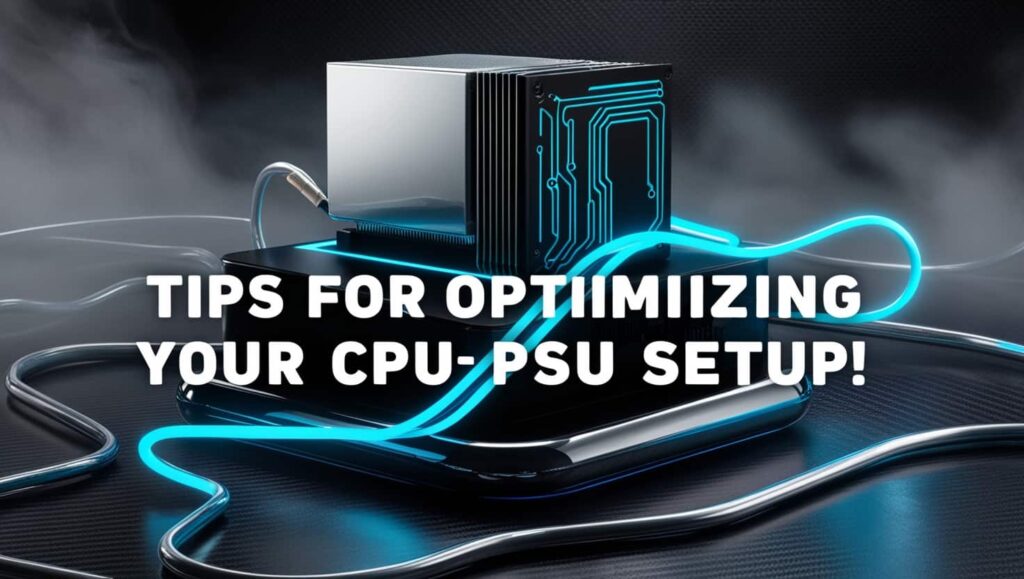
Recommended PSU Models for High-Wattage CPUs
- Corsair RM750x: Excellent for gaming builds.
- Seasonic Focus GX-850: Ideal for power-hungry CPUs.
- EVGA SuperNOVA 1000 P2: For extreme builds with multiple GPUs.
Balancing CPU Performance and PSU Efficiency!
Why CPU Wattage Matters for PSU Selection
Underestimating your CPU’s wattage can lead to underperformance, while overestimating can result in inefficiency.
Factors That Influence CPU Power Draw
- Workload: Gaming, rendering, or data processing.
- System Cooling: Higher temperatures can increase power consumption.
PSU Efficiency Ratings: What You Need to Know
80+ Ratings indicate a PSU’s efficiency. Aim for at least Gold for gaming or professional setups.
Future-Proofing Your Build: Tips for Selecting a PSU!
Choosing a PSU for Overclocking CPUs
Opt for PSUs with:
- Higher wattage capacity
- Stable voltage rails
- Efficient cooling
Also Read: Boost Performance with Proper CPU VDD Voltages!
FAQS:
Does PSU affect gaming performance?
A PSU doesn’t directly improve gaming performance but ensures stable power delivery to your components. An underpowered or faulty PSU can cause crashes or lower overall system reliability during gaming.
Does PSU matter for CPU?
Yes, the PSU matters for the CPU because it provides the power needed for it to run efficiently. A weak or incompatible PSU may cause the CPU to underperform or even fail to function.
Can a bad PSU damage CPU?
A bad PSU can potentially damage your CPU and other components by delivering unstable or incorrect voltage. It’s important to use a reliable PSU to protect your hardware.
Do I need to upgrade PSU if I upgrade CPU?
If your new CPU has higher power requirements, you may need to upgrade your PSU. Check the CPU’s wattage needs and compare them with your current PSU’s capacity.
Conclusion
Choosing the right PSU is important for your computer’s performance and safety. A good PSU makes sure your CPU gets enough power without causing problems like crashes or overheating. It’s smart to pick a PSU that not only works for your current setup but also supports future upgrades. Look for a PSU with good efficiency ratings and enough wattage for all your parts. Avoid cheap PSUs, as they can damage your system. A reliable PSU helps your computer run smoothly and last longer. In short, the right PSU is key to building a strong and stable PC.
